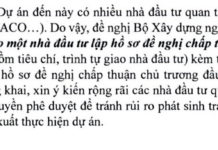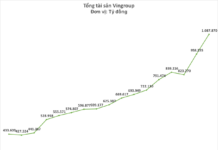
Illustration
A recent report from the Centre for Research on Energy and Clean Air (CREA) reveals that Europe has imported €3 billion worth of oil-refined products from Turkish ports. This trade effectively bypasses the EU/G7 sanctions on Russian oil.
Since 2022, the European Union has imposed energy sanctions on Russia. It started with a ban on coal, followed by restrictions on oil by the end of the year. Sanctions on oil products came into force in 2023.
As of late February 2024, the EU had imported 5.16 million tons of oil products worth €3.1 billion. This fuel was sourced from the Turkish ports of Ceyhan and Marmara Ereılisi. These ports accounted for 86% of Russian oil product imports during this period, making Turkey a significant re-export hub.
Turkey’s imports of Russian oil have nearly quintupled in the past decade. By 2023, Turkey became the largest global buyer of Russian oil products, importing 18% of Russia’s total exports. This growth has increased Russia’s dependence on Turkey, with a reliance increase from 52% in 2022 to 72% in 2023 for Russian refined products such as diesel, gasoline, and jet fuel.
CREA investigations suggest that European entities may have imported blended or re-exported Russian oil products from Turkish storage facilities. One cited example is the Toros Ceyhan oil terminal, which received 26,923 tons of gasoil from Novorossiysk in May 2023 and subsequently shipped a similar volume to the MOH Corinth refinery in Greece. These trades exploit legal loopholes, allowing blended Russian oil products into the EU.
The rerouting of Russian oil through Turkey not only circumvents sanctions but also generates significant tax revenue for Russia, estimated at €5.4 billion. To address this, CREA recommends tightening EU laws, enforcing strict rules of origin, and investigating shipments to prevent further sanction evasion.
Apart from Turkey, India has emerged as an alternative supplier of Russian fuel, with over 40% of its diesel heading to the EU. Today, Indian diesel tankers mainly take the longer route to Europe via the Cape of Good Hope to avoid ongoing conflicts in the Red Sea. This increases transportation costs and time, reducing the competitiveness of Indian goods in the European market.
According to Oilprice





































